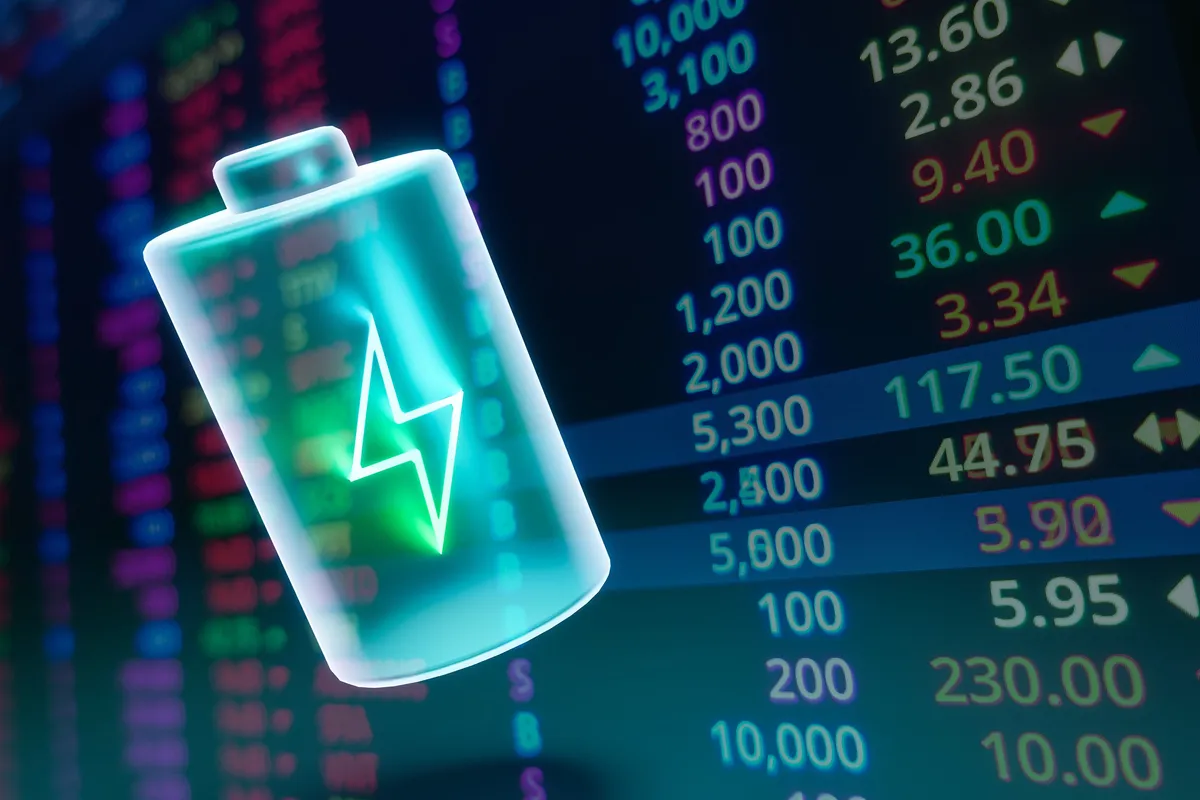The Essential Role of Lithium in Renewable Energy
In the ever-evolving landscape of renewable energy, lithium has emerged as a crucial player, facilitating the transition towards a sustainable future. As the world grapples with the pressing need to mitigate climate change and reduce dependence on fossil fuels, the significance of lithium in powering renewable energy technologies cannot be overstated.
The Rise of Renewable Energy
Renewable energy sources such as solar, wind, and hydroelectric power have gained considerable traction in recent years as viable alternatives to traditional fossil fuels. These sources offer a cleaner and more sustainable way to meet our energy needs while reducing greenhouse gas emissions and environmental degradation. However, the intermittent nature of renewable energy generation poses a significant challenge to its widespread adoption.
The Role of Lithium
Lithium-ion batteries have emerged as a game-changer in the realm of renewable energy storage. These batteries, renowned for their high energy density and long cycle life, play a pivotal role in storing excess energy generated from renewable sources during peak production periods for later use during periods of low or no generation. This capability helps address the intermittency issue inherent in renewables, providing a reliable and consistent power supply.
Empowering Energy Storage
Energy storage systems equipped with lithium-ion batteries enable grid operators to efficiently manage fluctuations in supply and demand, thereby enhancing grid stability and reliability. Whether it’s storing solar energy generated during the day for use at night or capturing excess wind power during gusty conditions, lithium-based energy storage solutions offer unparalleled versatility and flexibility.
Driving Innovation
The growing demand for renewable energy coupled with advancements in battery technology has spurred innovation in the lithium sector. Researchers and engineers are continuously exploring ways to enhance the performance and efficiency of lithium-ion batteries, driving down costs and improving scalability. From grid-scale energy storage projects to portable power solutions, lithium-based technologies are revolutionizing the way we generate, store, and utilize energy.
Environmental Benefits
Beyond its utility in renewable energy storage, lithium also offers environmental benefits compared to conventional fossil fuels. By facilitating the transition towards clean energy sources, lithium helps reduce greenhouse gas emissions and mitigate the impacts of climate change. Furthermore, the recycling potential of lithium-ion batteries minimizes waste and conserves valuable resources, contributing to a more sustainable and circular economy.
Lithium’s Role in Electric Vehicles
One of the most transformative applications of lithium-ion technology is in the realm of electric vehicles (EVs). Lithium-ion batteries power the electric motors in EVs, providing a high-energy, lightweight solution that significantly extends the range and performance of these vehicles. The rapid adoption of EVs is a critical component in reducing global greenhouse gas emissions, as transportation is a major contributor to air pollution and climate change.
Advantages of Lithium-Ion Batteries in EVs







